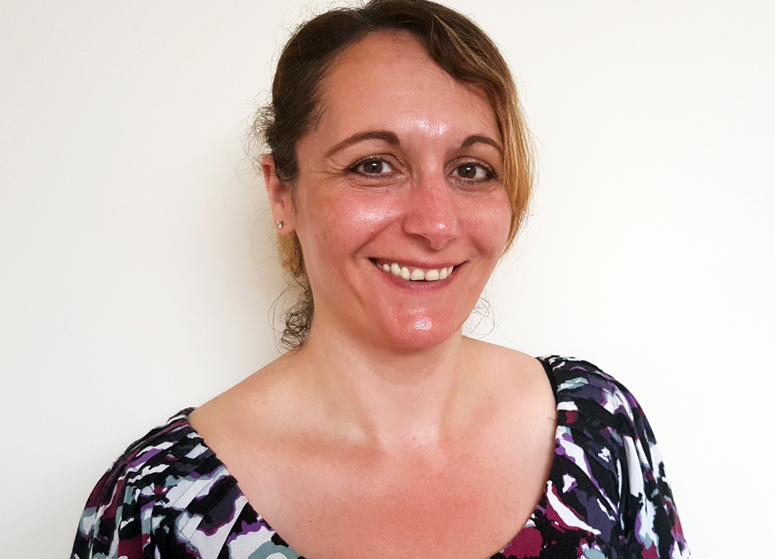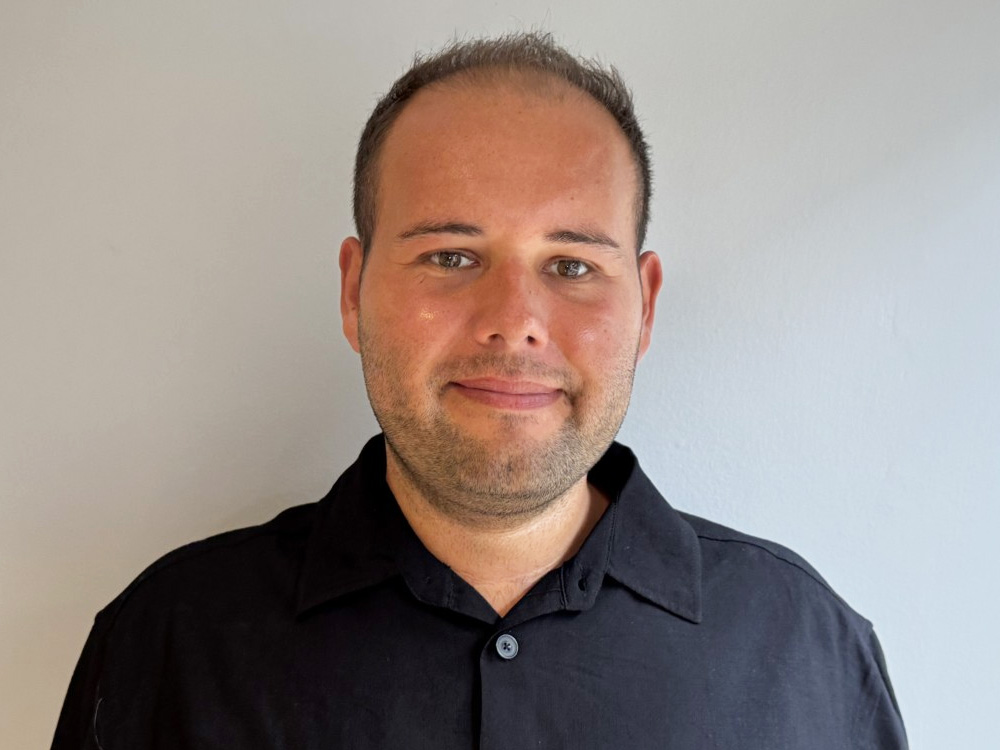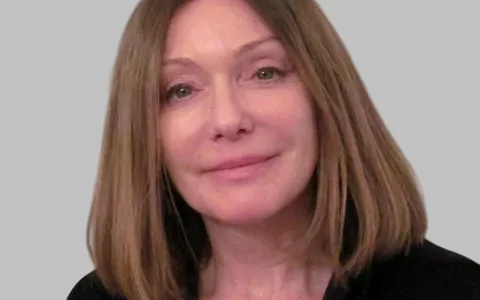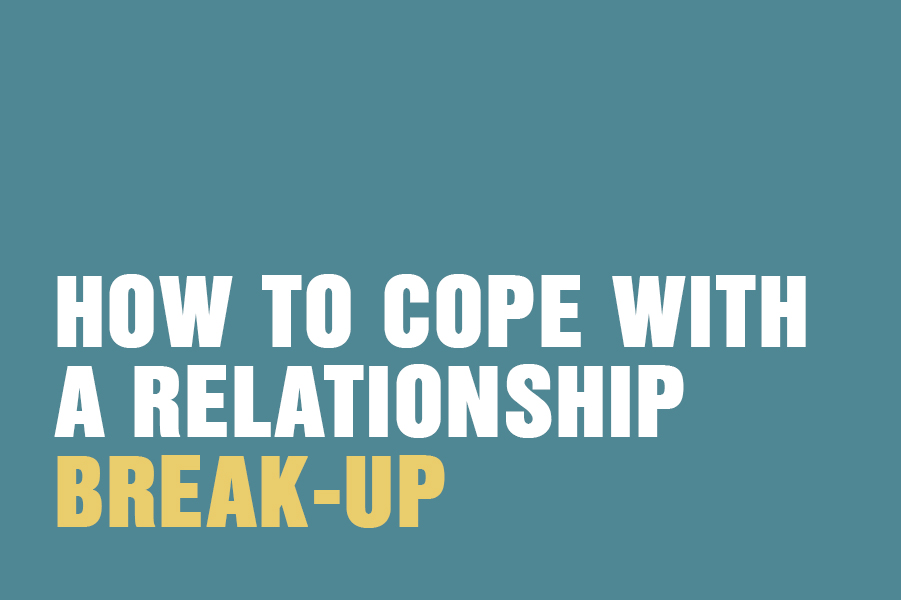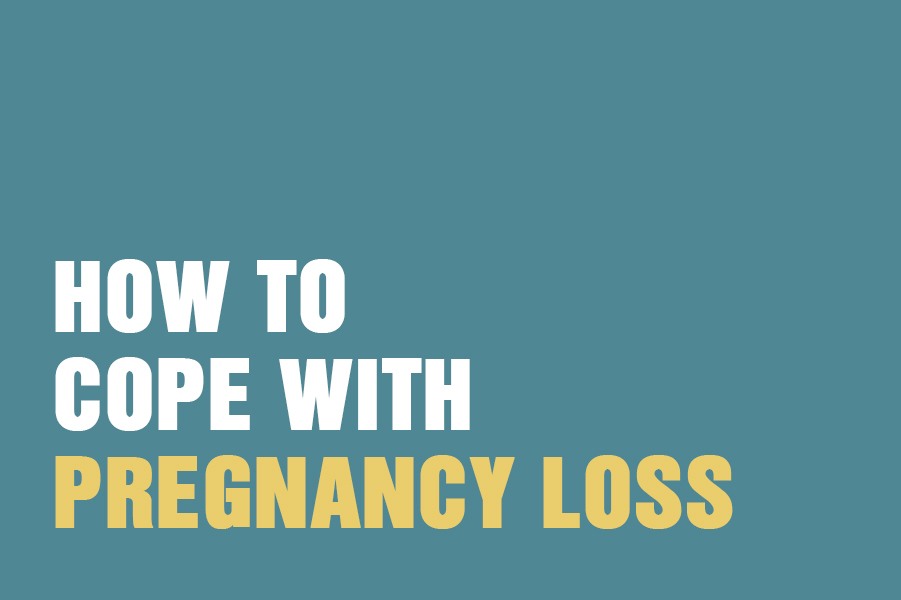
Losing a loved one can be one of the most challenging experiences in life, often accompanied by a range of intense and overwhelming emotions. Bereavement Counselling can help you navigate and manage your feelings of loss. Our experienced bereavement counsellors understand the profound pain and sadness that grief can bring, and are here to support you through these difficult times. Book an appointment online or get in touch with our team to find the right therapist for you.

What is Bereavement Counselling?
Losing someone close to you is one of the saddest and most painful experiences you can go through. You may feel lost in your own way; almost as though your world and any security in it has been pulled from under your feet. For many, it can be difficult to contemplate what life will be like without a loved one. Bereavement counselling is there to help you slowly make steps towards accepting this loss, while keeping your mental health a top priority.
When you first experience loss, family and friends will likely rally round to support you. But, as time passes, there’s often the expectation to completely “move on” or “get over it”. The truth is, grief has no timetable – your bereavement is unique to you, and will last as long as it needs to.
Our bereavement counsellors here at TAC are specialists in all kinds of bereavement and loss. They can provide empathic support through each of the five stages of grief, offering a nurturing and caring environment to help you talk about your feelings and cope with your loss.
BOOK AN APPOINTMENT
Take the first step and book your counselling appointment today. We do not have a waiting list.
Our qualified private counsellors, psychotherapists and psychologists are all either registered or accredited with one or more of the following professional bodies.


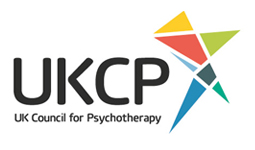
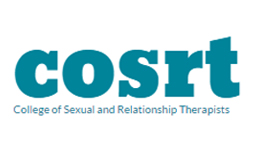







Specialist Bereavement Counsellors at The Awareness Centre
Our grief counselling specialists are experienced in helping clients come to terms with their loss, using a variety of counselling and psychology-based techniques. Whether you’re looking for private bereavement counselling, low-cost counselling or support with a niche service such as child bereavement counselling, we can help.
Click on a profile below to learn more about the bereavement counsellors. Our qualified counsellors, psychotherapists and psychologists are all highly-trained, with years of experience in their specialist fields.
Book an appointment for grief counselling at one of our London counselling centres today.
Signs You or Someone You Know is Suffering With Grief
Everybody reacts to grief differently, and sometimes it can be difficult to spot the key signs, either within yourself or someone you know. Below are some of the things you can look out for:
- Difficulty maintaining usual daily routines or staying on top of tasks, for example, going to work or cleaning the house
- Difficulty sleeping, or excessively sleeping
- Feelings of depression
- Suicidal thoughts or thoughts of self harming
- Feelings of guilt
You may also experience physical symptoms of grief, including a hollow feeling in your stomach, tightness in your chest or throat or general tiredness and lack of energy. Some people also experience a dry mouth, or an increase or decrease in appetite when they are grieving, but this can vary.
Our bereavement counsellors here at TAC are specialists in all types of bereavement and loss, and can provide empathetic support through the various stages of grief. By seeking professional support, you’ll have access to a nurturing and caring environment in which you can talk about your feelings and learn to cope with your grief.
BOOK AN APPOINTMENT
Take the first step and book your counselling appointment today. We do not have a waiting list.
Appointments
To make an appointment to see one of our bereavement counsellors, please call 020 8673 4545 or book an appointment online. We are open seven days a week.
Fees
Fees for bereavement counselling and psychotherapy range from £65 – £175.
Refund Policy
Private therapists at The Awareness Centre each have their own cancellation policies. If you feel that your booking is not suitable, we are happy to offer a referral to another private therapist. Please note that we do not offer refunds for the initial session booked.
How Can Bereavement Counselling Help You?
Bereavement counselling offers a safe space to discuss your grief, and any concerns for your health that have stemmed from your grief. It provides more than just a discussion opportunity – our bereavement counselling specialists here at TAC can offer a bespoke approach to understanding and accepting each stage of your grief, giving you more balance in your life and a greater sense of security.
What Are The Stages of Grief?
There are many arguments out there about the various stages of grief, but the reality is that everyone experiences grief in a completely unique way, and there is only so much that can be broken down in a psychological perspective.
At The Awareness Centre, we generally look at grief in 4 key stages which we choose to keep relatively broad for this reason. Looking at your grief in this way during a bereavement counselling session can help both you and your specialist analyse how you are feeling in terms of your progression to the final ‘reorganisation’ stage, sometimes referred to as ‘acceptance’. From there, you can use your grief counselling experience to assess where you may need additional support, and which areas of your life may be suffering as a result of your grief.
Stage 1: Shock
The reality of the loss often takes time to sink in. Your initial reactions may vary from numbness, disbelief and hysteria, to not being able to think straight and even feelings of anger about the situation. These are all natural emotions that cushion you against the loss and allow you to experience it more slowly and cope with it better in the short term.
Stage 2: Protest / Denial
At this stage, it is normal to imagine that the loss is not real, even though you are being confronted with evidence that it is. As you struggle between denying and eventually accepting the reality of what has happened, you experience waves of strong and powerful feelings, such as anger, guilt, sadness, fear, yearning and searching.
Stage 3: Disorganisation
This is the stage when the reality of the loss is only too real. You are likely to experience overwhelming feelings of despair, apathy, anxiety and confusion. It can feel like a depression that could go on forever. Of course, depression does not affect everybody who experiences grief, but you may find you are experiencing some of the symptoms.
Stage 4: Reorganisation
At this stage, especially if you seek professional support, you begin to rebuild your life and acquire a greater balance. At last you are able to choose to remember happier times rather than focussing on negative emotions, and gradually you will return to previous functioning. In many cases, you will feel there is a slightly new meaning in life.
Treatments for Grief at TAC
Of course, there is no simple cure for grief. It is a complex emotion that affects us all differently. We may experience bouts of the same grief for the rest of our lives, or we may be able to carry on as normal sooner than expected.
At TAC we work with specialists who have experience in varying presentations of grief using different therapeutic approaches to treatment. Whether you need child bereavement counselling or you need to address mental health support as a result of your grief, we can help.
Depending on the symptoms you are experiencing, our experts will be able to tailor their bereavement counselling approach. It may be most beneficial for you to take medications to manage your symptoms, or alternatively, therapeutic and psychological support may be the best option for you.










